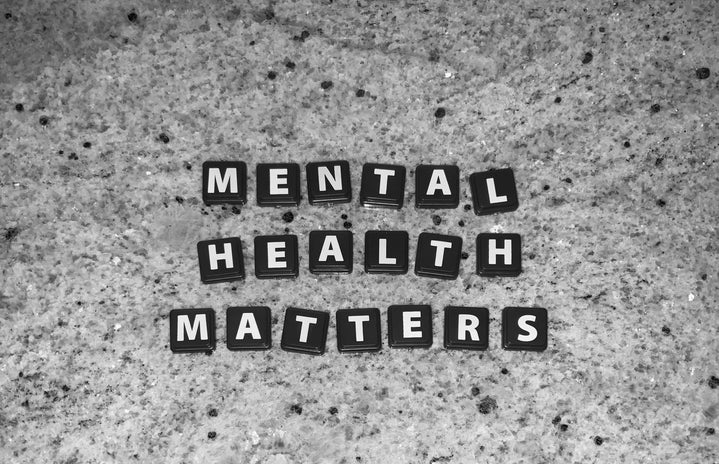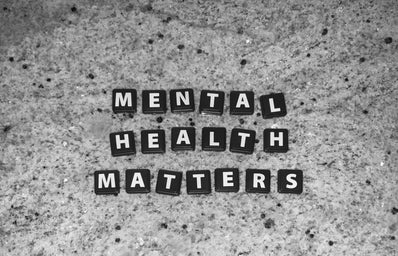As most of us are aware, our mental health can affect every aspect of our lives–our social lives: our careers and education, and our hygiene, just to name a few. Being mentally well is a crucial element to the well-being of every person on the planet, which is why it is perplexing that there’s such a large stigma attached to mental health issues.
Tending to said mental health issues is often frowned upon and is often even more stigmatized than the issues themselves. Treatments such as therapy, medications, and hospitalizations are often labeled as a sign of weakness or something that is only for “crazy people,” which is downright ignorant and only further perpetuates the stigmatization of mental health issues.
Labels and narratives like these can cost people their lives, as we saw with Chelsea Kryst last month. The first step in breaking the stigma is discussion, which brings me to my story on how therapy saved my life.
I was diagnosed with severe anxiety and depression my freshman year of high school and the internal dilemma it created rippled through every part of my life; my grades tanked, I lost most of my friends, and intrusive thoughts nearly cost me my life on several occasions.
Four years have passed and I’m still battling anxiety and depression, however, continuous therapy and medication over the years have kept me stable and typically prevents me from returning to that dark place. Group therapy, hospitalizations, and other programs for teens with mental health issues also aided in my recovery and ultimately saved my life.
Throughout therapy, we utilized this segment of Cognitive Behavioral Therapy called Dialectical Behavioral Therapy (DBT) that consists of acronyms to remember, worksheets, and exercises during therapy that dealt with distress tolerance, mindfulness, interpersonal effectiveness, and emotion regulation. Practicing these skills in therapy and applying them to real-life situations has helped tremendously in gaining self-awareness, coping in a healthy way to solve problems, and has greatly reduced the severity of my anxiety and depression.
Unfortunately, this is not the case for many people with mental health issues. In fact, according to a 2020 study done by the National Alliance on Mental Illness , only 45% of adults with a mental illness received treatment. An even more alarming poll by The New York Times shows that since the onset of the pandemic, a quarter of those in therapy are dealing with suicidal thoughts.
In addition, marginalized populations such as LGBTQ+ and BIPOC populations are at far greater risk to mental illness and suicidal ideations. All these factors further emphasize the importance of getting help and getting rid of the misconceptions associated with it, such as those who receive it are “crazy” or “weak”. For many people struggling with their mental health, therapy and psychiatric help are life-savers and it is high time that we normalize taking care of our mind the same way we take care of our body.


